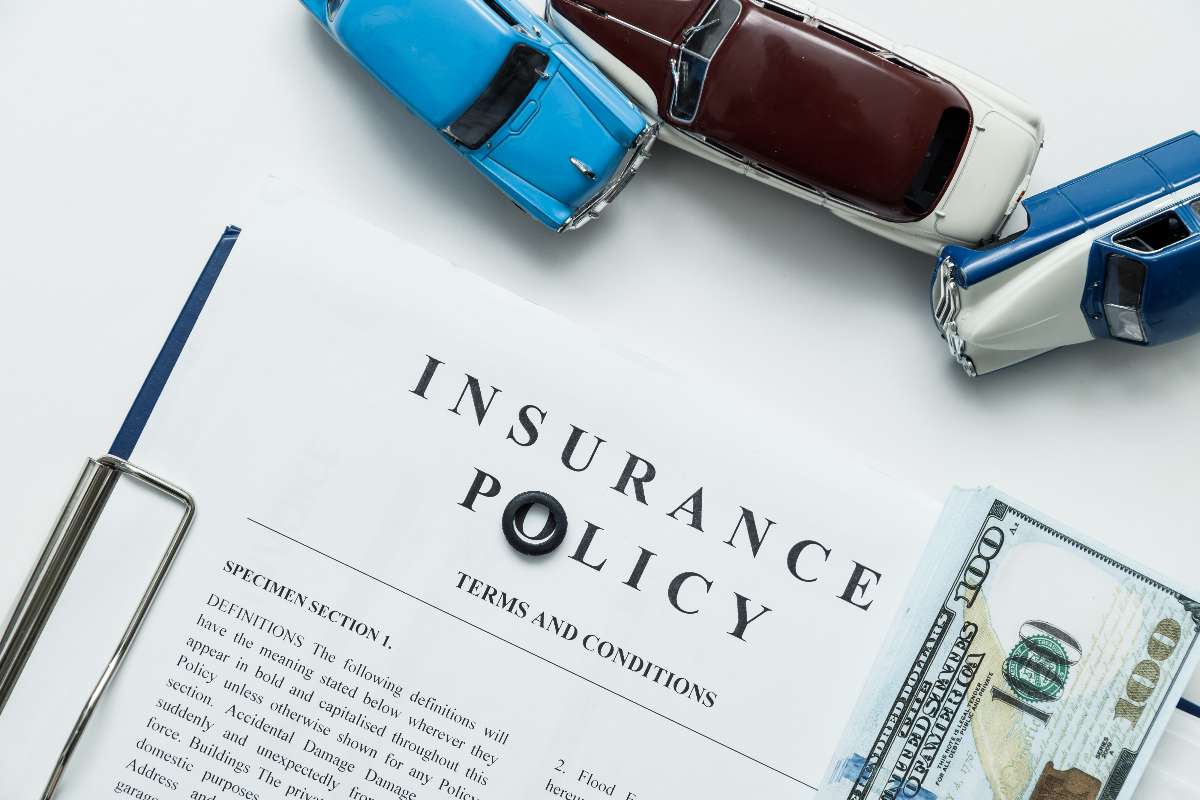The right auto insurance policy is crucial when owning a car in America. Auto insurance protects you financially during an accident and is a legal requirement in most states. With numerous insurance providers and policy options, selecting the right coverage for your needs can be daunting. This blog will walk you through the key considerations and provide expert tips to help you choose the right auto insurance policy that offers the protection you need.
Understanding your coverage needs
Evaluating your coverage needs is essential before diving into the details of selecting an auto insurance policy. Consider factors such as your driving habits, the value of your vehicle, and your budget. You may want comprehensive coverage if you commute long distances or frequently drive in high-traffic areas. On the other hand, if you have an older car with a lower market value, opting for basic liability coverage might be more cost-effective.
Evaluating coverage types
Auto insurance policies typically offer various coverage types. The most common ones include liability coverage, collision coverage, comprehensive coverage, uninsured/underinsured motorist coverage, and personal injury protection. Liability coverage is generally mandatory and covers damages and injuries caused to others in an accident. Collision coverage protects your vehicle against damage from collisions, while comprehensive coverage covers non-collision-related incidents like theft or natural disasters. Uninsured/underinsured motorist coverage safeguards you if you're involved in an accident with an at-fault driver who lacks adequate insurance. Lastly, personal injury protection helps cover medical expenses for you and your passengers.
Understanding policy terms and conditions
Reading and understanding the fine print of your auto insurance policy is crucial. Pay attention to terms like deductibles, policy limits, and exclusions. Deductibles are the amount you must pay out of pocket before insurance coverage begins. Higher deductibles often lead to lower premiums, but be sure you can afford the deductible in case of an accident. Policy limits define the maximum amount your insurer will pay for specific claims. Review any exclusions to know what circumstances or incidents are not covered by your policy.
Utilizing discounts and bundling options
Take advantage of potential discounts to reduce your premium costs. Many insurers offer discounts for safe driving records, bundling multiple policies, anti-theft devices, completing defensive driving courses, and being a good student. Inquire with insurance providers about available discounts and eligibility criteria. Bundling your auto insurance with other policies, such as homeowners or renters insurance, can often lead to additional savings.
Reviewing customer feedback and the claims process
Customer feedback and reviews can provide valuable insights into an insurer's reputation and claims process. Look for reviews and ratings from reputable sources to gauge customer satisfaction and the ease of the claims process. An insurer with a prompt and fair claims settlement process can make a significant difference during a stressful time.
Additional tips to consider
-
Assess coverage options for specific needs: You may have unique coverage needs depending on your circumstances. For example, if you frequently drive in areas prone to natural disasters, consider policies offering comprehensive coverage. Tailoring your coverage to specific risks can ensure you have the necessary protection when needed.
-
Understand the policy's cancellation and renewal terms: Familiarize yourself with the insurer's policy cancellation and renewal processes. Ensure there are no hidden fees or penalties for canceling or switching policies, and clarify the steps required for policy renewal to avoid surprises.
-
Seek recommendations and advice: Consult with friends, family, or trusted advisors with auto insurance experience. Their insights and guidance can provide valuable perspectives and help you make a more informed decision.
-
Consider the insurer's network of repair shops: If you have a preferred repair shop or mechanic, verify that they are within the insurer's network. Having the flexibility to choose your preferred repair shop can streamline the claims process and ensure you receive quality service.
Choosing the right auto insurance policy requires careful evaluation of your coverage needs, comparing providers, understanding policy terms, and utilizing available discounts. By taking the time to research and evaluate your options, you can select an insurance policy that provides the necessary coverage and fits within your budget. Remember, insurance needs may change over time, so it's essential to review your policy periodically and make adjustments as necessary. By doing so, you can drive confidently, knowing you have the proper auto insurance protection for your needs.

